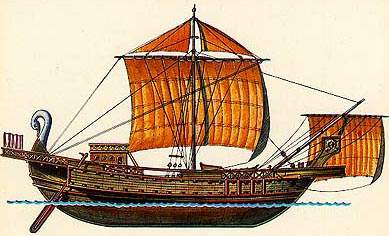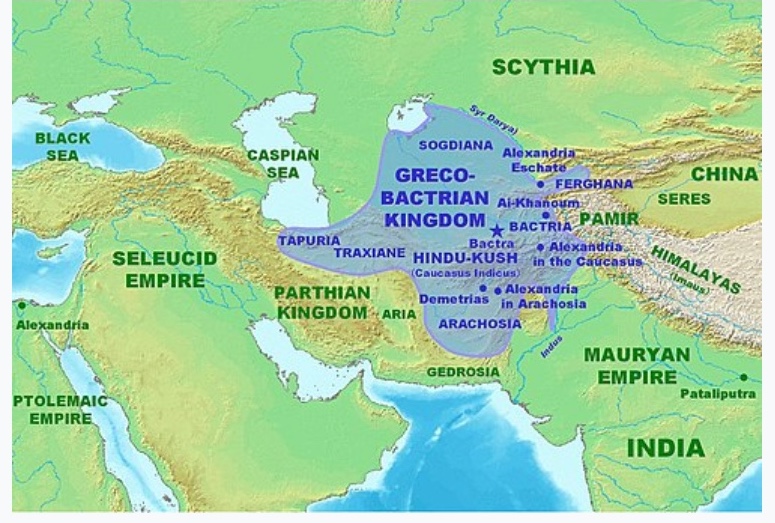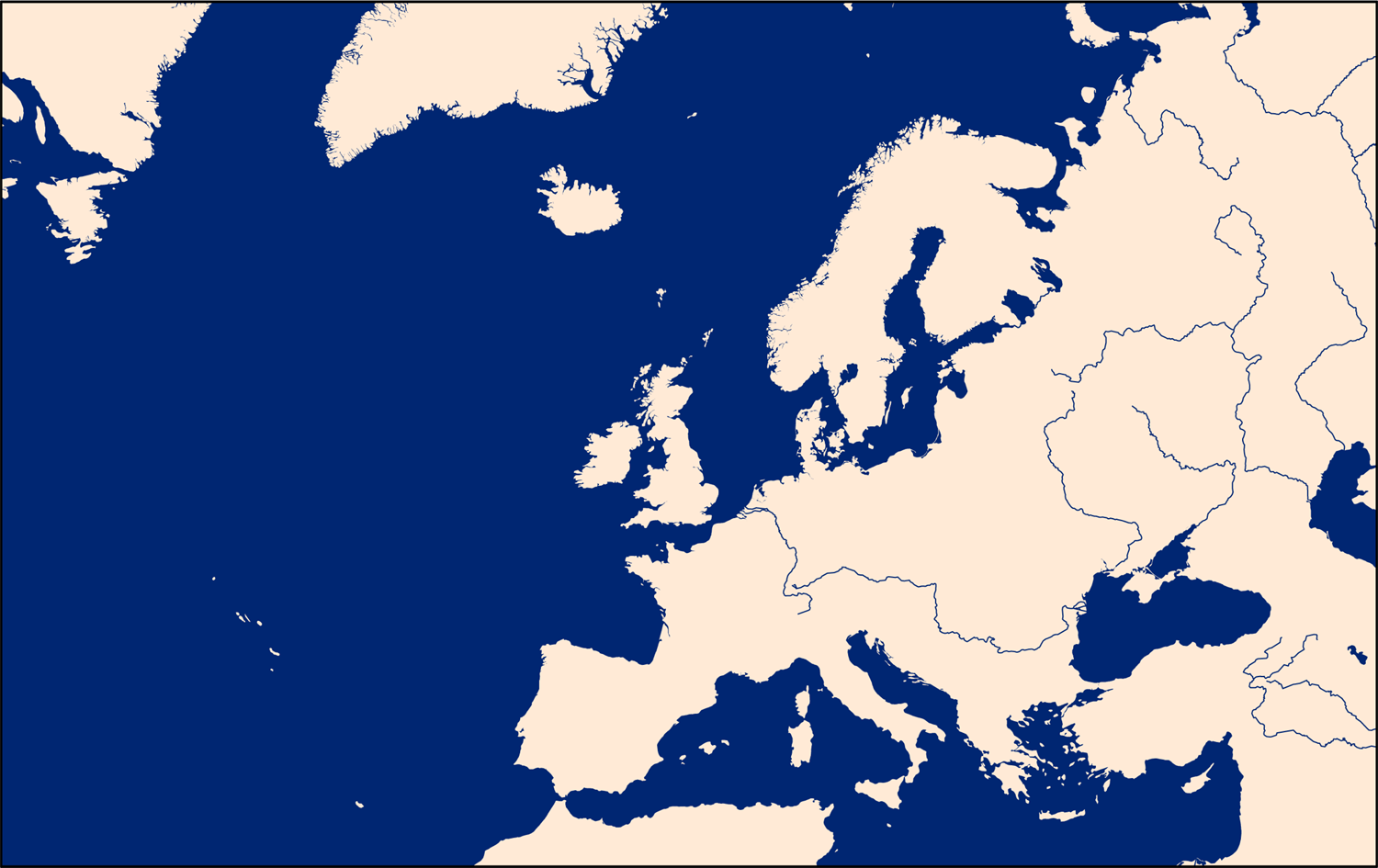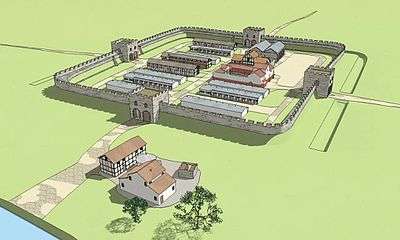The question of whether the Romans could have crossed the Atlantic in a storm has already been answered and the answer seems to be: yes but unlikely.
Could the Romans have crossed the Atlantic in a storm
Following on from this question I would like to ask if the Romans could have crossed the Atlantic deliberately rather than accidentally and if so could they have colonised the new world and subdued the locals (Maya or ancient Mexicans)?
Two key reasons why the Romans did not cross the Atlantic:
- They didn’t know there was any land west of the Atlantic and assumed it was all ocean.
- They would have had little reason to travel to such a remote location even if they had known of its existence. Especially as the journey there would have been very hazardous and the return journey even more so.
To counter these two issues assume that the Romans held a strong religious belief that all lands must be explored and conquered to increase the glory of Rome. Now assume one of the Emperors has a vision that there are more islands to be conquered west of the Canaries. The exact time frame is not critical but any time in the first two centuries CE. Perhaps one of the Romans military campaigns did not take place and the resources went into the Atlantic adventure instead.
Also assume the following:
- The emperor can devote considerable funds to his pet project for ten or twenty years.
- Studying the winds and currents gives them a very crude route to follow. South and west on the Canary current and trade winds until land was found, then north to find the north westerly winds on the return.
- Although the Romans did not have the compass they would have been able to navigate crudely by the position of the sun and stars.
They would not be using triremes but strengthened versions of their own merchant ships capable of carrying 400 tons or more such as this:
They might have also made use of the experience of the peoples who sailed the coastal waters of the Atlantic such as the Gaul’s who built very sturdy ships. As noted by Julius Caesar.




